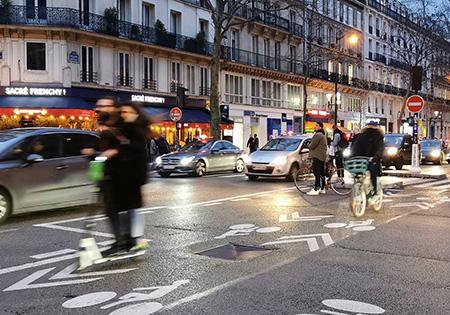Travel Transitions: How Transport Planners and Policy Makers Can Respond to Shifting Mobility Trends

Travel behaviour has evolved in unexpected ways in urbanised areas in the early 21st century. This report examines how significant breaks with past trends happened - and why these shifts were not foreseen. The Covid-19 pandemic adds to uncertainty about future demand to travel. Forecast-led transport planning is not well equipped to handle uncertainty. The report presents new approaches which explicitly address uncertainty, are vision-led and enable the development of resilient plans. It also considers how governance and institutions can be adapted to support such a paradigm shift.
Policy Insights
- Scan for emerging travel trends using a combination of traditional and new data sources.
- Measure the performance of the transport system with indicators that reflect how mobility contributes to societal objectives.
- Take a proactive approach to anticipating travel transitions by scanning developments inside and outside the transport sector.
- Account for uncertainty when making predictions and be explicit about the different sources of uncertainty .
- Shift from a “predict and provide” approach towards a “decide and provide” approach in the face of deep uncertainty.
- Change the mindset and enhance the skillset of the transport-planning workforce.
- Foster a strengthening of international knowledge sharing and co-operation via a “learning by doing” approach.
- Adapt transport governance to better account for uncertainty in planning.